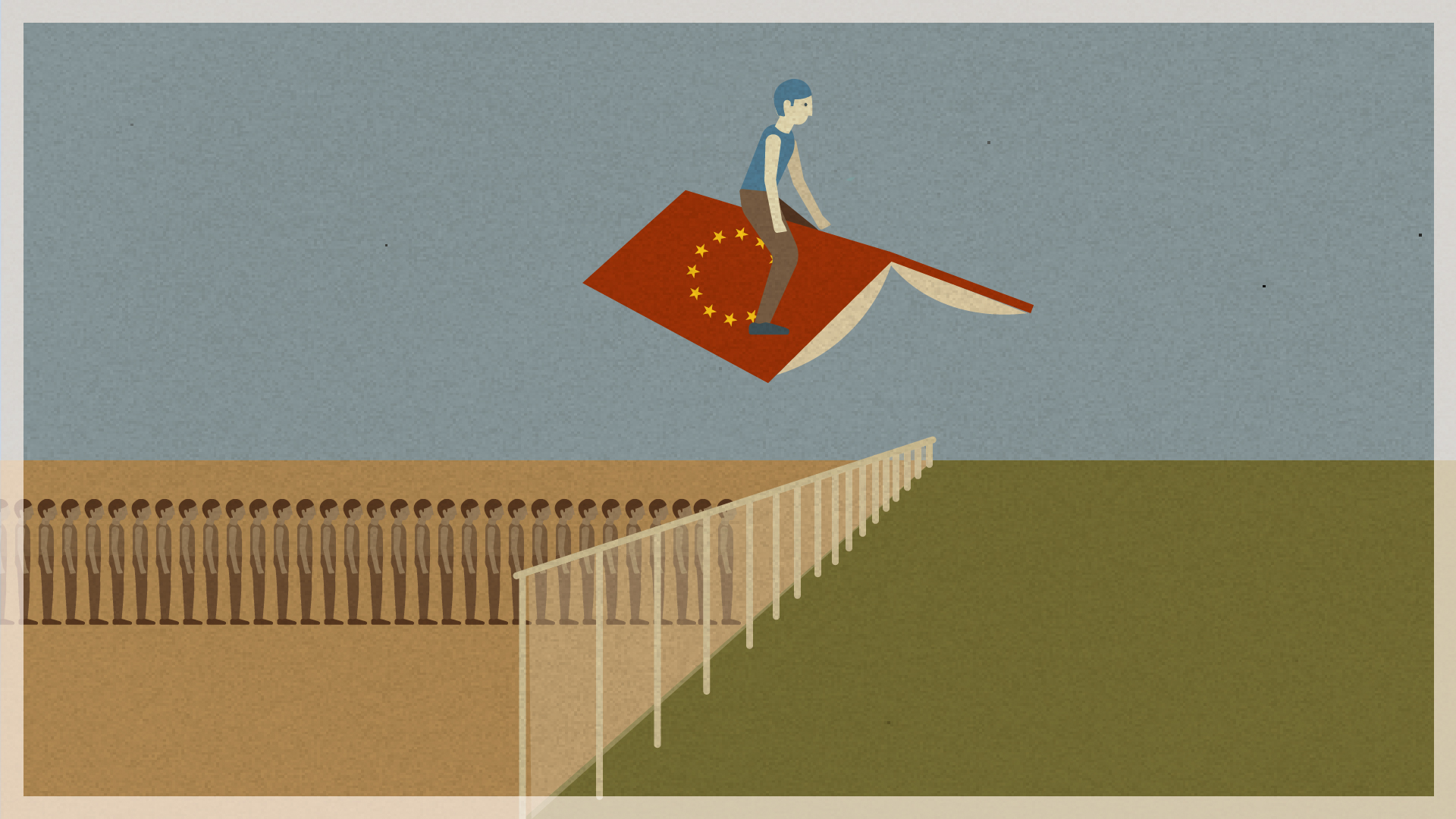In fact, it could be argued that the entire policy area of education and culture is due for a re-appraisal. At a time when presumed national identities are increasingly being touted – in EU Member States as well as in the world at large – it is time for the EU to sharpen its profile as a force for individual liberty and social tolerance.
The European Union is not only about diversity; it is about unity in diversity. Left unattended, or addressed through appeasement, centrifugal forces will tear societies apart as they have done on so many occasions up to this very day. If European history has any principal lesson to teach, it is that by accommodating the erosion of fundamental liberties we condone their demise.
Democracy ultimately depends on popular support, which rests on a sense of shared identity and common responsibility. Democracy needs people who are willing to think, speak, and act as democrats – cives, or citizens – of their political community. In Europe today many people are disenchanted with politics, and growing numbers of young people do not take part in elections. This is a worrisome trend. Disagreement and disaffection are integral to political life, and most people will act as spectators or bystanders at least some of the time, but there is a degree of disengagement beyond which democracy withers away and dies. Democracy needs citizens.
The European Union is not only about diversity; it is about unity in diversity.
Nobody is born a citizen, except in the narrow, legal sense. Citizenship is a skill acquired through socialisation, education, and practice. Education, in particular, is essential to arm students with the habits they need to live as citizens in democracies. These habits, as Sarah Stitzlein notes, include collaboration, compromise, deliberation, critique, dissent, hope, and living citizenship as shared fate. The rising tide of intolerance across Europe is testimony that citizenship has been neglected as a priority in education.
Europeans also know little about the European Union, as opinion surveys have shown for many years. Recent Eurobarometer polls shows that 89 percent of young Europeans want governments to strengthen school education about their rights and responsibilities as citizens of the Union.





